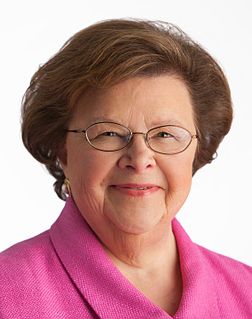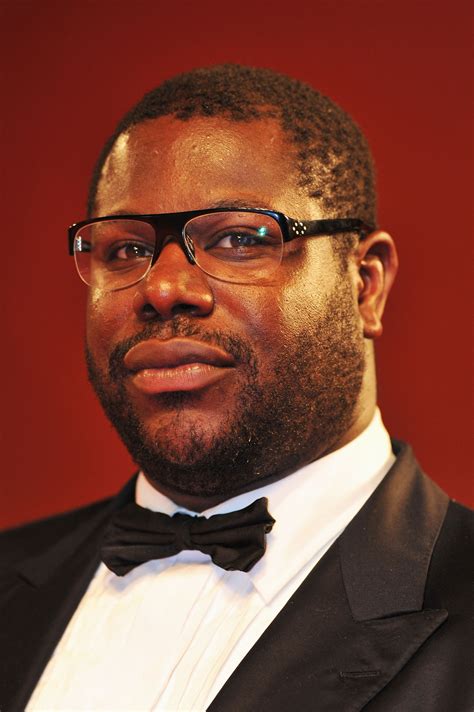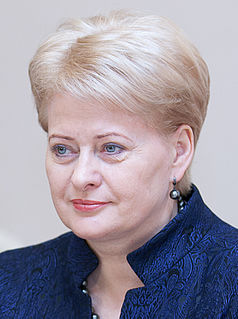A Quote by David Blunkett
By confirming the importance of politics and politicians in Britain, we can build from the bottom up and begin to reverse the worrying anti-politics trend, which will empower the elite technocrats and leave defenceless the man or woman in the street with a mere vote to cast.
Related Quotes
The belief that politics can be scientific must inevitably produce tyrannies. Politics cannot be a science, because in politics theory and practice cannot be separated, and the sciences depend upon their separation. Empirical politics must be kept in bounds by democratic institutions, which leave it up to the subjects of the experiment to say whether it shall be tried, and to stop it if they dislike it, because, in politics, there is a distinction, unknown to science, between Truth and Justice.
Trends are just as important in politics as they are in fashion; just that rather than an aesthetic trend, it might be an ideological, behavioral or cultural trend - you need to keep track of all kinds of trends in politics because you need to know if you come out and say something, what the adoption of that will be six months down the road.
In professions where the criteria of professionalism, expertise, good manners and ethics apply, the gender aspect, i.e., whether a person is a man or woman, is not relevant at all. What is important is that citizens' confidence in politicians and the politics is strong enough to make politicians proud of their profession.
I don't believe that it's inconsistent to be suspicious of people and also be totally comfortable with deploying the technology, because you know its fractal potential. It's a vote for politics. It's a vote for the will to politics. There will be people, a one percent of people, that can use this stuff effectively, develop it, implement it. That's why it's necessary. That's why civilization exists, so those few people can exercise incredible techniques.

































